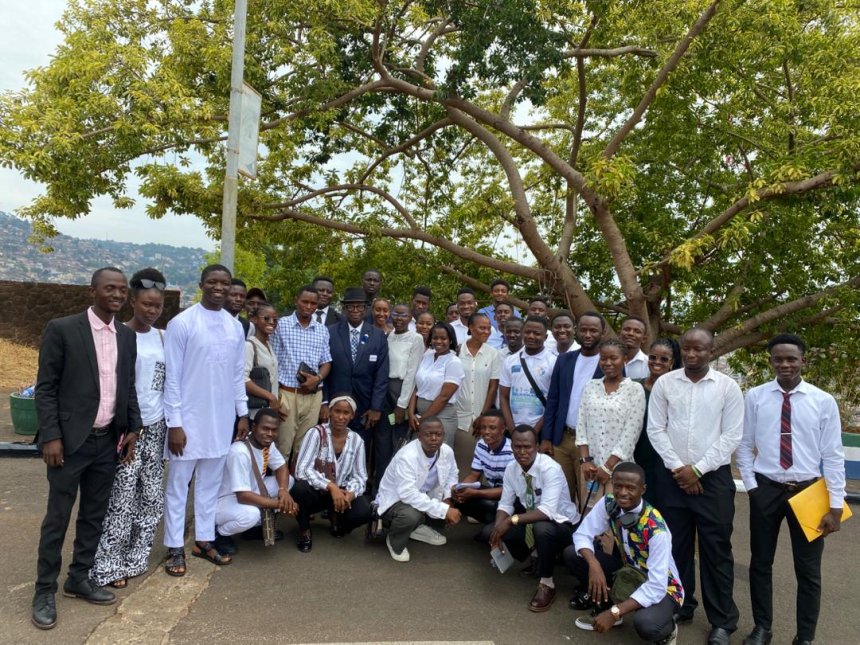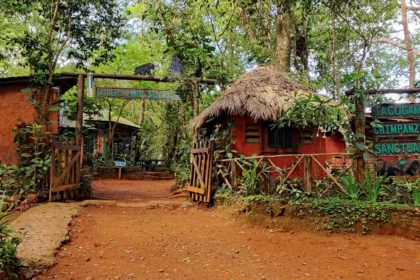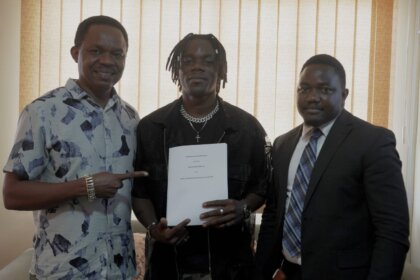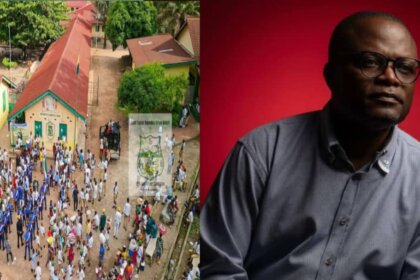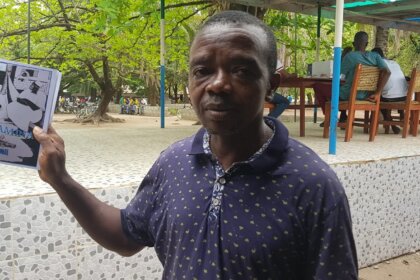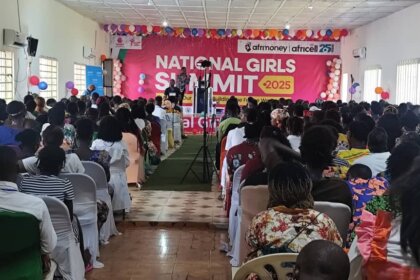In a historic step toward professionalizing the social work sector, the Parliament of the Republic of Sierra Leone has passed the Professional Social Work Regulatory Act, 2025, marking the first time the country has enacted legislation to regulate the field of social work. The new law provides a comprehensive legal framework to guide the education, registration, licensing, practice, and conduct of social workers and social work institutions across Sierra Leone.

The Sierra Leone Association of Social Workers (SLASW) has described the passing of the Act as a “landmark victory” for the profession and a critical step toward ensuring the quality, accountability, and impact of social work practice in the country.
A New Era for Social Work in Sierra Leone
The newly enacted law formally establishes the Professional Social Work Regulatory Council, a statutory body tasked with overseeing the regulation of social workers, social work assistants, and institutions delivering social services. The Council’s functions include maintaining an updated register of professionals and facilities, enforcing ethical standards, accrediting training programs, and ensuring that social workers operate under a system of accountability.
Under the Act, individuals must now meet specific educational qualifications — including degrees or diplomas in social work from institutions approved by the Council — and undergo a registration and licensing process to legally practice as social workers. The Act also makes provisions for the recognition of social work assistants, defines clear standards for social work facilities, and mandates yearly license renewal for both professionals and institutions.
Protecting Clients, Enhancing Service Delivery
One of the critical features of the Act is its strong emphasis on protecting service users. By setting legal standards for qualifications, licensing, and conduct, the Act aims to improve service quality and safeguard clients — including individuals, families, groups, and communities — from unqualified or unethical practice.
It also introduces an appeals and disciplinary framework, empowering a dedicated Appeals Committee to handle grievances from social workers or institutions. Penalties for practicing without a license or for unethical conduct have been significantly strengthened, with fines reaching up to Le 25,000 and imprisonment of up to 12 months in some cases.
A Long-Awaited Milestone
The push for regulation has been championed for years by SLASW and other stakeholders in the field, with wide consultations culminating in the presentation of the Bill to Parliament earlier this year by the Ministry of Social Welfare. Its passage comes just months after the conclusion of the country’s first-ever National Census of Social Workers, another milestone effort to build a data-driven foundation for strengthening the profession.
Speaking after the passage, SLASW President Dr. Sylvester Lamin expressed gratitude to Members of Parliament, the Ministry of Social Welfare, and all partners who supported the process. “This is a turning point,” he said. “Social work is now a formally recognized and protected profession in Sierra Leone, and this Act will ensure that only trained, licensed, and ethical professionals are delivering services to our most vulnerable populations.”
Looking Ahead
The implementation phase of the Act is expected to begin immediately, with SLASW calling on all practicing social workers, institutions, and training programs to align with the new legal requirements. A National Conference scheduled for April 25th will focus on launching the National Social Work Census Report and discussing the rollout of the Act.
With this legislation now in place, Sierra Leone joins a growing list of countries that have elevated the social work profession through legal recognition — a move seen as essential for delivering quality social services and achieving national development goals.
President of SLASW , Minister of Social Welfare and Secretary General of SLASW (in white)


